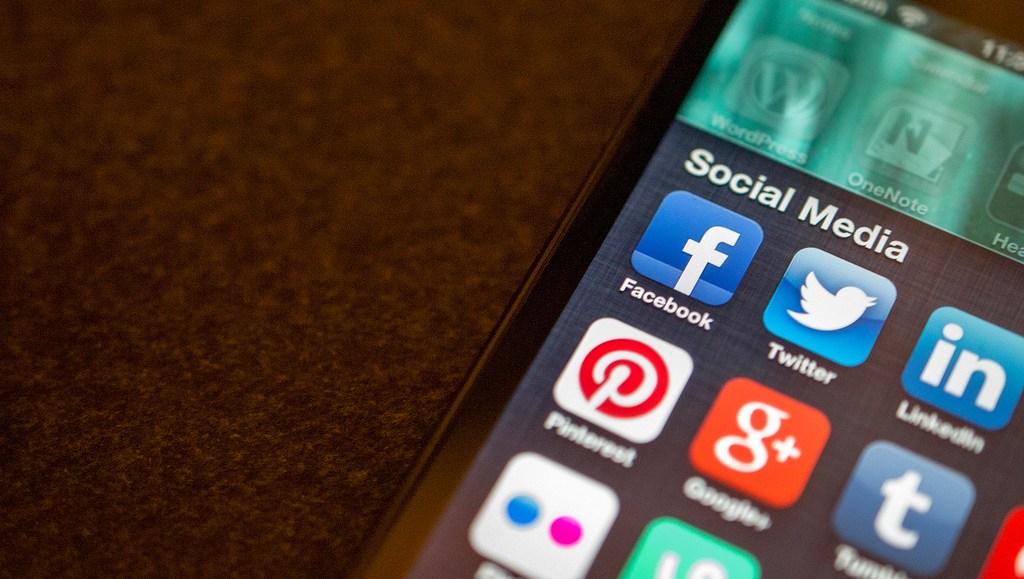
How content gets promoted has been revolutionized by digital as much as publishing itself has. The most successful publishers today — BuzzFeed, Business Insider, Upworthy — have succeeded in large part because they have effectively extended and optimized their brands for the platforms that are driving them the most traffic.
But while follower counts are important vanity metrics, content still rules. “Sure, BuzzFeed’s Twitter followers are an important element of its social media strategy, but that just barely gets the ball rolling,” said Danny Wong, head of growth and marketing at Shareholic, which tracks publishers’ social media activity. “A brand’s social media accounts can only do so much. Ultimately, it is the inherent shareworthiness of the content the brand produces,” he said.
Still, numbers tell a story. Here’s a look at which publishers are winning at social.
Traditional publishers still have the biggest audiences
A look at publishers’ raw social media numbers turns up some interesting findings. Twitter is ruled by news institutions like CNN and The New York Times, both of which have roughly 12 million Facebook followers. Contrast that with BuzzFeed, which has fewer than 1 million Twitter followers and 2.7 million likes on Facebook.
But the digital upstarts still rule Facebook
BuzzFeed, as one might expect, is the king of Facebook. Its content was shared more than 10 million times on the social network in April, vastly outpacing other publishers, according to social analytics firm Newswhip. And while Upworthy gets press for its ability to craft highly sharable content, it was still edged out by The New York Times, whose content was shared over 2 million times last month.
These trends make sense. According to Pew Research, 78 percent of users get news on Facebook after going on the social network for other reasons. And just 34 percent of them “like” news organizations at all. That’s because, for most Facebook users, the most relevant news is what comes from friends, not news sites themselves.
BuzzFeed is share efficient
Some sites are better than others at getting big share numbers — even when they have very different publishing metabolisms. BuzzFeed churned out an eighth of the number of posts as The Huffington Post last month but had more double the Facebook shares. It was also far more efficient than The New York Times and Fox News, which churn out a lot of content that largely sags, social-wise. But even BuzzFeed was outperformed in share efficiency by Independent Journal Review, an Upworthy clone with a conservative spin, which got nearly 4,000 shares per post.
Traditional news rules Twitter
Looking at Newswhips’s April leaderboard for Twitter, which is dominated by news likes like the BBC and New York Times, it’s clear that traditional news still performs better on Twitter than on Facebook.The BBC, which has nearly 20 million Twitter followers across its various accounts tops the heap, and is followed by a fairly unsurprising list of older news organizations. Still, digital-first publishers like Mashable and BuzzFeed also made the cut.
Viral sites just keep growing their Facebook numbers
While post-BuzzFeed sites like Upworthy, Viral Nova, and Elite Daily crowd the viral news space, Upworthy remains the clear winner with 6.3 million Facebook likes. Elite Daily and Distractify, while growing, still lag behind Viral Nova, which has 1.5 million Facebook likes.
More in Media

Meta AI rolls out several enhancements across apps and websites with its newest Llama 3
Meta AI, which first debuted in September, also got a number of updates including ways to search for real-time information through integrations with Google and Bing.

Walmart rolls out a self-serve, supplier-driven insights connector
The retail giant paired its insights unit Luminate with Walmart Connect to help suppliers optimize for customer consumption, just in time for the holidays, explained the company’s CRO Seth Dallaire.

Research Briefing: BuzzFeed pivots business to AI media and tech as publishers increase use of AI
In this week’s Digiday+ Research Briefing, we examine BuzzFeed’s plans to pivot the business to an AI-driven tech and media company, how marketers’ use of X and ad spending has dropped dramatically, and how agency executives are fed up with Meta’s ad platform bugs and overcharges, as seen in recent data from Digiday+ Research.





